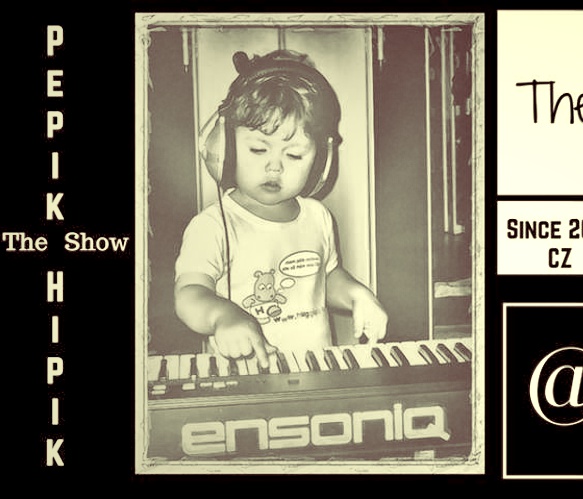A recent study examining the sleep patterns of healthy men and women who participated in a parabolic flight—an experience that exposes individuals to brief periods of microgravity and hypergravity—revealed surprising results. According to actigraphy, a method used to objectively measure sleep by tracking movement, participants experienced more fragmented sleep and more frequent awakenings on the night following the flight compared to the night before. Strangely, however, these individuals self-reported that they slept better on the night after the flight. The findings were published in the Journal of Sleep Research.



Imo the elevated stress levels are a much more logical cause than gravity changes. I wonder what made the researchers ‘gravitate’ to this conclusion.